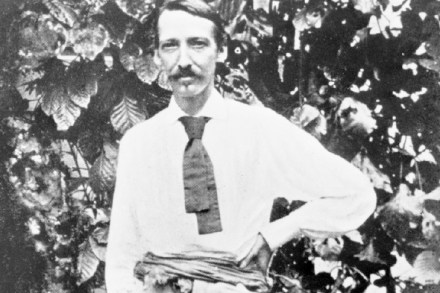Pleasure palaces and hidden gems
Theatre buildings are seriously interesting – as I ought to have appreciated sooner in the course of 25 years writing about theatre and opera. This coffee-table whopper, weighing in at just under a kilo, dazzles: Michael Coveney’s text is even better than Peter Dazeley’s remarkable photographs. And in a luminous foreword, Mark Rylance sets out




















